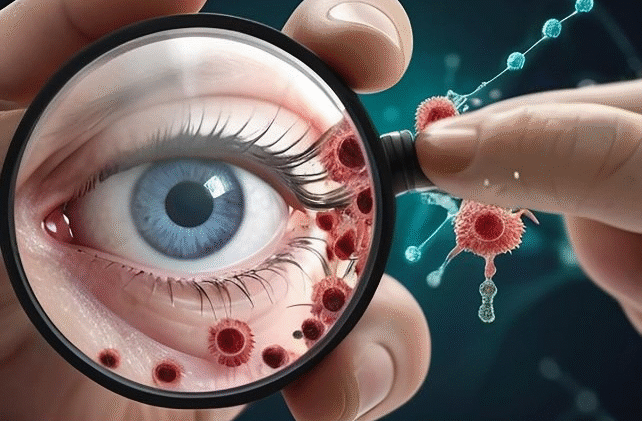
Uveitis and Stem Cell Therapy
Uveitis is an eye condition characterized by inflammation of the uvea, a pigmented layer of the eye. The type of uveitis can be determined by the part of the eye affected, with the most common types being anterior, intermediate, posterior and panuveitic forms.
The eye is an organ with many advantages for the application of stem cell therapy. Stem Cells provide many effects such as repairing the nerves in the eye, replacing lost cells in the eye and releasing growth factors to damaged areas.
In experimental studies in eye diseases, the application of healthy stem cells has helped to regenerate cells, create new connections between them and improve visual function.
Ongoing research into new treatments for Uveitis aims not only to increase treatment efficacy, but also to reduce side effects and ultimately improve the comprehensive management of uveitis.
Mesenchymal Stem Cell and Mesenchymal Stem Cell Exosome-centered therapies offer a promising new avenue in the management of refractory diseases of the eye.
Mesenchymal Stem Cell Exosomes have shown efficacy in the treatment of various immune-mediated ocular disorders such as Sjögren's syndrome, dry eye and autoimmune uveitis by regulating the overactive immune response that characterizes these pathologies.
Stem cells change according to the characteristics of the environment in which they are implanted, replacing damaged tissues, reducing edema and reducing the severity of pain. They also have the ability to regulate the immune system.
Human umbilical cord mesenchymal stem cells have unique advantages and are gaining increasing interest in the clinic. Moreover, human umbilical cord appears to be more advantageous than other stem cell sources for cell procurement, storage and transplantation.
Studies Conducted,
Stem Cells significantly reduce eye inflammation in Uveitis,
It protects the retina and demonstrates the role of Mesenchymal Stem Cell Exosomes in reducing clinical and pathological symptoms in Uveitis Disease.















